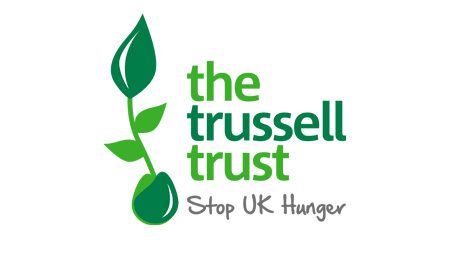
Louisa
Newby
Financial Planning and Analysis Manager
The Trussell Trust
Louisa tells us about how and why she began working in the charity finance sector, why she believes it offers a great career choice and explores how she feels the industry has changed.
Can you tell us a bit more about your experience so far?
I currently hold the position of Financial Planning and Analysis Manager at the Trussell Trust, which involves managing a small team of business partners and handling the internal reporting side of the business. A large chunk of my role would have traditionally fallen within a management accountant function, such as internal reporting, analysis, and business trends. Being within a charity this also encompasses grants and funding reporting.
My background has predominately been in the charity sector, allowing me to work with a range of different and interesting people, which I’ve loved! I was initially working in an administrative role at a small music charity and then began my financial training alongside.
Why did you get into the charity finance sector?
I decided to shift into the charity finance sector in order to pursue better career progression and a more competitive salary. I already had an interest in charity through volunteering and wanted to find an industry where my voluntary experience would be taken seriously.
In previous years if you were looking to pursue a career in finance in the charity sector, you didn’t necessarily need to have any involvement with a charity or to care about its mission, but this seems to be changing. I think one of the factors that helped me to secure my current role is that I was able to demonstrate how passionate I was about the Trussell Trust, and that I already understood its mission. I'm not saying that it is essential to volunteer for a charity, but I think it does make a difference if employers can see that you really care about the cause.
What do you feel is the advantage of working for a charity?
It's difficult to say what the alternative would be like, as I've never worked in a corporate environment, but for me having a healthy work-life balance is really important. This plays a big part in my charity’s culture; we are actively encouraged to go home on time, are supported to take on volunteering and have brilliant maternity leave and sickness policies, all of which have made a huge difference to my experience.
I took on professional qualifications while I was working, mostly through self-study, so the flexibility that the charity sector provided was particularly crucial – it allowed me to take time in the evenings to work and to receive support with my study leave too.
What advice would you give to someone starting out in finance?
There are so many options for finance careers, it's just about finding what is a good fit for you. For instance, I personally don’t have great attention to detail, so I have found a role which best suits my skill set. So, don’t be dissuaded if one route doesn’t pan out, it doesn't necessarily mean that accounting isn’t for you, you may just need to try something different.
How do you feel the finance industry has changed?
I find that as a finance professional I am more heavily involved in the strategy in a way not seen previously. For example, in my current role it’s clear that the overall goal is to deliver the strategy of ending the need for food banks in the UK, rather than just focusing purely on financial metrics.
There is also far more emphasis on business planning and stakeholder management. My job involves meeting key stakeholders to learn what financial reporting or analysis they need to carry out their business planning and to assess if they are currently receiving it in the most efficient way.
In terms of equality of access, I have seen some positive changes although there is still a long way to go. I think that hiring systems such as ‘Be Applied’, whereby all the personal information is removed from your job application and you are simply scored on the questions that you answer, are really useful for this.
As an employer, I also believe that there is value in looking at your job descriptions and considering what is truly necessary for the role. So many positions still claim that they require a degree – I don't have a degree, but I’ve always just applied for those jobs anyway because I know that I have the correct experience. But this is likely to deter many from applying, and as a result may be resulting in indirect discrimination.
